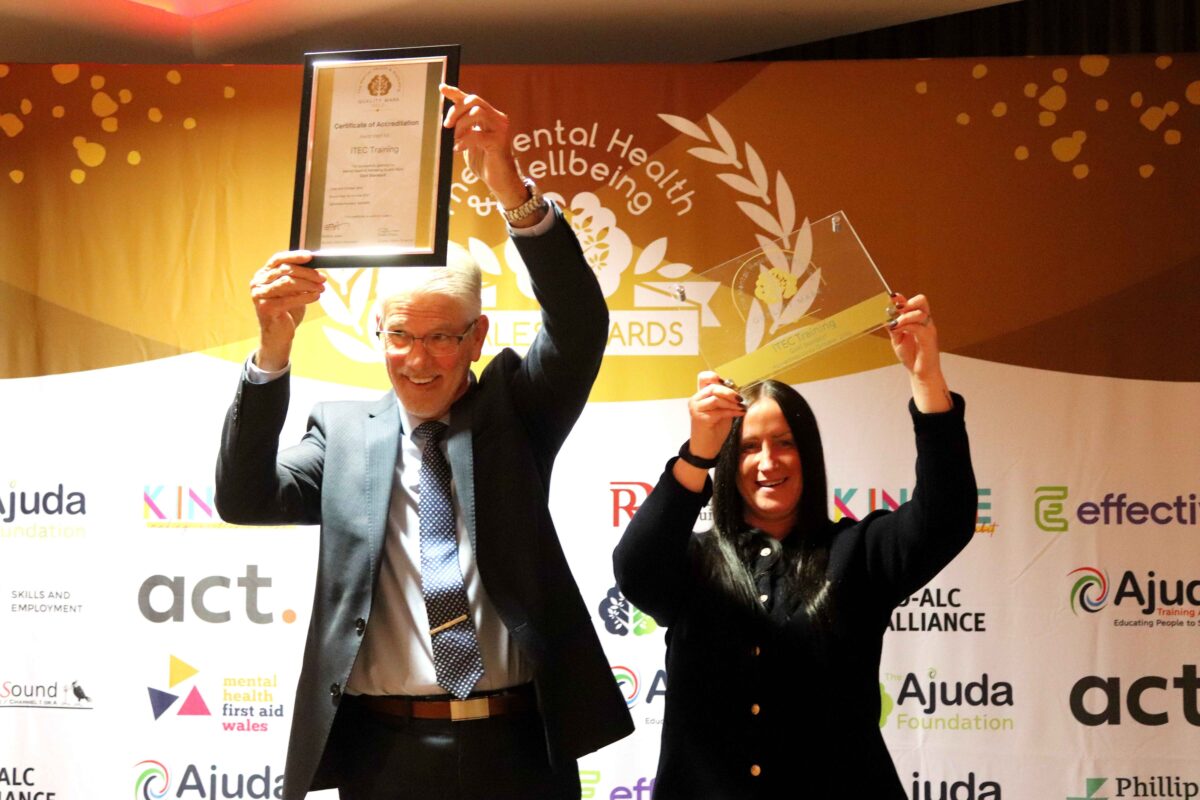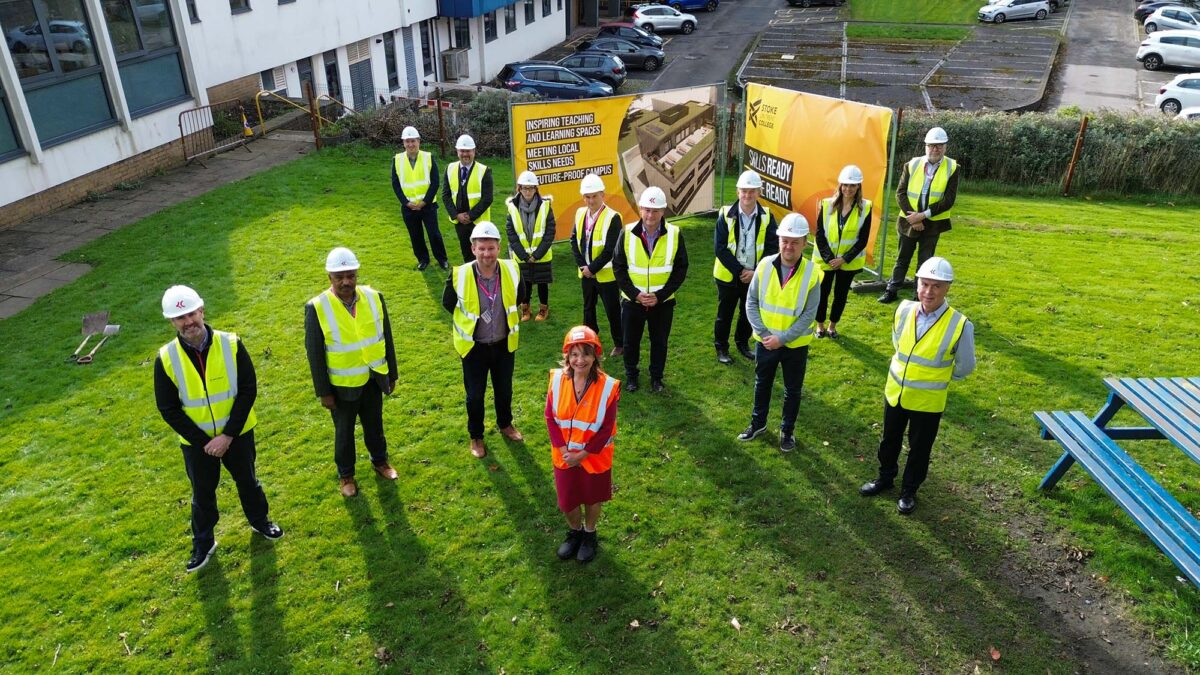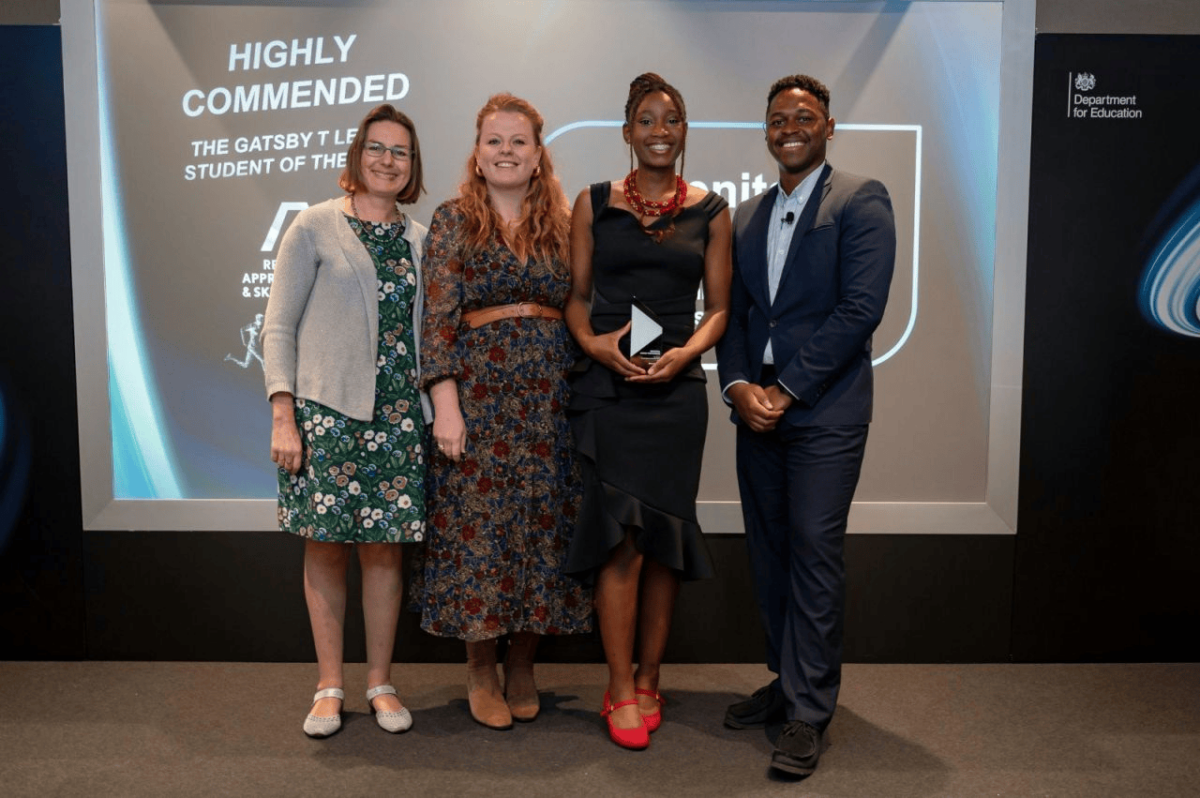Top Tips for Mastering the Professional Discussion

If you’re an end-point assessor, a coach, trainer, mentor or on-programme assessor, you know how important it is to plan and facilitate professional discussions with your apprentices.
Professional discussions are a great way to validate the apprentice’s applied knowledge and understanding of their occupation, as well as their skills and behaviours. But, not all professional discussions are created equal. Some can be more effective than others in eliciting evidence and grading outcomes. They work especially well in progress reviews, during observations and when the heat is on as they near their EPA.
In this blog, we share some top tips for mastering the professional discussion and making it a valuable part of your assessment process…
1: The discussion shouldn’t be contrived
A professional discussion isn’t a quiz or an interview. It’s not about asking a list of predetermined questions and noting down the responses. It’s about having a natural and authentic conversation with the apprentice, where you explore their experiences, challenges, achievements, and reflections on their learning journey.
2: Questions should allow open responses
While you may have some key topics or areas that you want to cover in the discussion, you should avoid asking closed-ended questions that only require a yes or no answer. Instead, use open-ended questions that invite the apprentice to elaborate, explain, justify, or evaluate their actions and decisions. Imagine that you are guiding them into a field and let them take you on that journey, rather than opening the door to a broom cupboard.
3: Encourage apprentices to expand on their answers
Sometimes, an open-ended question may not be enough to prompt a comprehensive answer from the apprentice. They may give a brief or vague response that doesn’t fully demonstrate their level of competence. In this case, you should encourage them to expand on their answer by using prompts, such as “Can you tell me more about that?”, “What was the outcome of that?”, or “What did you learn from that experience?”. If they are using their portfolio, then you could also ask them to give you new or different examples from their everyday work.
4: Dialogues should be semi-structured
A professional discussion shouldn’t be too rigid or too loose. It should have a clear purpose and direction but also allow for some flexibility and spontaneity. A semi-structured dialogue is a good balance between these two extremes. It means that you have a general outline or framework for the discussion, such as the main topics or themes that you want to cover, but you also adapt to the flow of the conversation and follow up on any relevant points or issues that arise.
5: Assessment and grading can be difficult if only positive and negative responses are obtained
A binary system of obtaining positive or negative responses can create a pass/fail mentality in the apprentice, where they focus on giving the right or wrong answer rather than demonstrating their understanding and skills. Sometimes progress reviews, where an eportfolio requires a numerical or fixed-point data entry, can drive limited evidence or put the apprentice under undue pressure to give the answer they think that you are expecting.
It can also limit your ability to differentiate between different levels of competence and achievement within the same grade band, so try to avoid prompting these types of responses.
6: Use a range of extension questions to allow a variety of grading outcomes
For example, instead of asking “What did you do in this situation?”, you could ask “Why did you choose this course of action?”, “What alternatives did you consider?”, or “How did this align with your values?”. Extension questions can help you to distinguish between different grades of performance, such as pass, merit, or distinction, and also provide more meaningful feedback and recommendations to the apprentice.
7: If a discussion takes place during another form of assessment, use this opportunity to collect cross-referenced evidence
A professional discussion doesn’t have to be a standalone assessment. It can also be integrated with another form of assessment, such as a practical observation, a project presentation, or a portfolio review. This can be a great way to collect cross-referenced evidence that demonstrates the apprentice’s competence in different situations and contexts.
Further support
Whether you’re preparing apprentices for end-point assessment, or are an end-point assessor yourself, knowing how to conduct these assessment methods in a way that is robust and reliable is vital.
We host a Professional Discussions and Interview Masterclass with assessment and curriculum expert, Chris Cherry, to share guidance, models and insights.
Visit the Masterclass webpage for more information and to book.











Responses